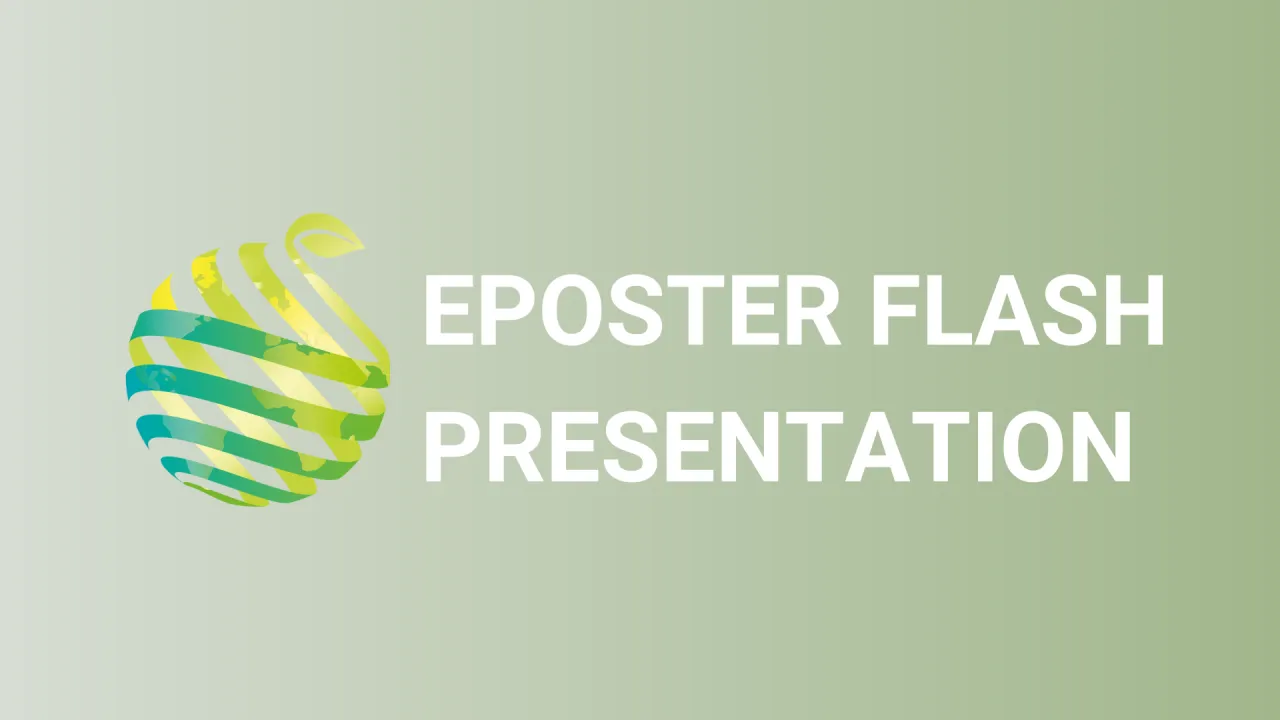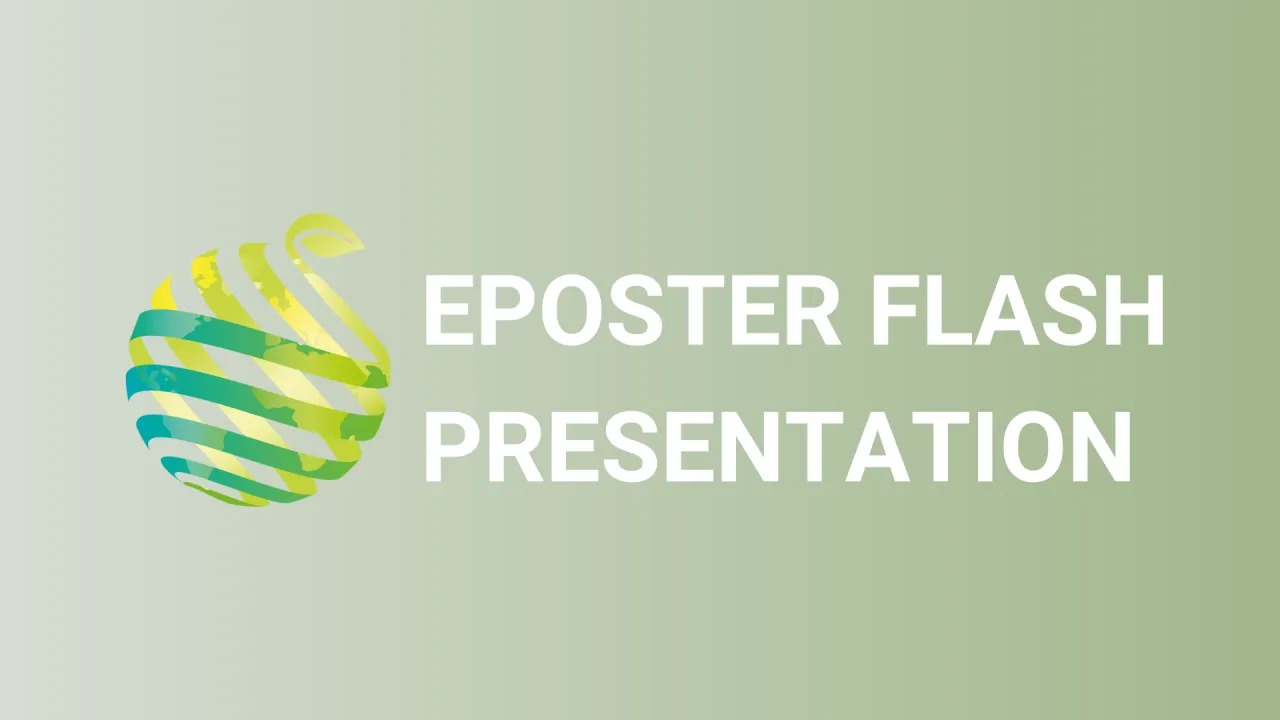

S06 - Session P14 - Compost and Rice Hulls to increase sustainability of substrates for bedding plants production
Information
Authors: GiamPaolo Assist. Zanin *, Carlo Nicoletto, Paolo Sambo
Although the search for alternatives to peat for soilless cultivation began over thirty years ago, no material has yet fully entered into the formulation of substrates. Similarly, a sustainable substrate should also consider the replacement of perlite, an amendment often used to increase air filled porosity in floricultural substrates. In the present work, compost and rice hulls have been evaluated as partial substitutes for peat and perlite for bedding plants production. Ten substrates were formulated starting from a 40 % (v/v) of commercial peat substrate with the remaining being compost and perlite or compost and rice hulls at different ratios (from 20% to 60% of compost and 40% to 0% of perlite or rice hulls, respectively). A 100% peat was also considered as control. The substrates were analyzed for physical and chemical characterization and used to grow three bedding plant species (i.e. Impatiens walleriana 'White', Tagetes patula 'Lemon' and Petunia ×hybrida 'Compact Rose'). The plant growth trial was repeated twice. Bulk density and water holding capacity increased along with the increase of compost in the substrates while air filled porosity decreased. Electrical conductivity, nitrate-nitrogen and other macronutrients, except for phosphate, also increased. Analysis of plants' growth showed a progressive decline along with the increase of compost content with no difference between substrates containing rice hulls compared to those containing perlite. Among species, petunia was shown to be the more tolerant to peat reduction, followed by tagetes and Impatiens. Despite the significant reduction of plant's performance, substrates with compost up to 50%, 30% and 20%, with both perlite or rice hulls, allowed to produce marketable plants without quality depreciation for petunia, tagetes and Impatiens.